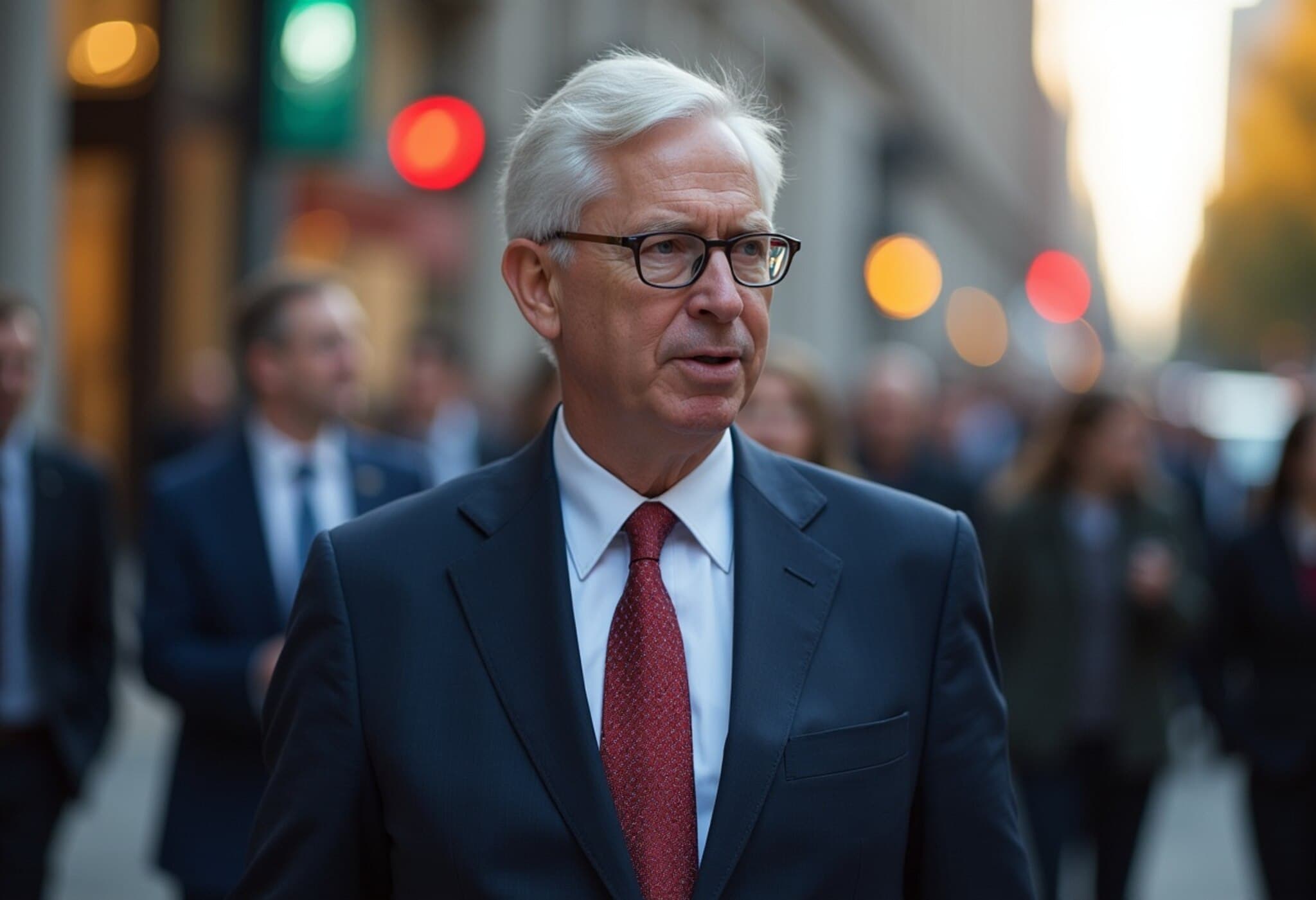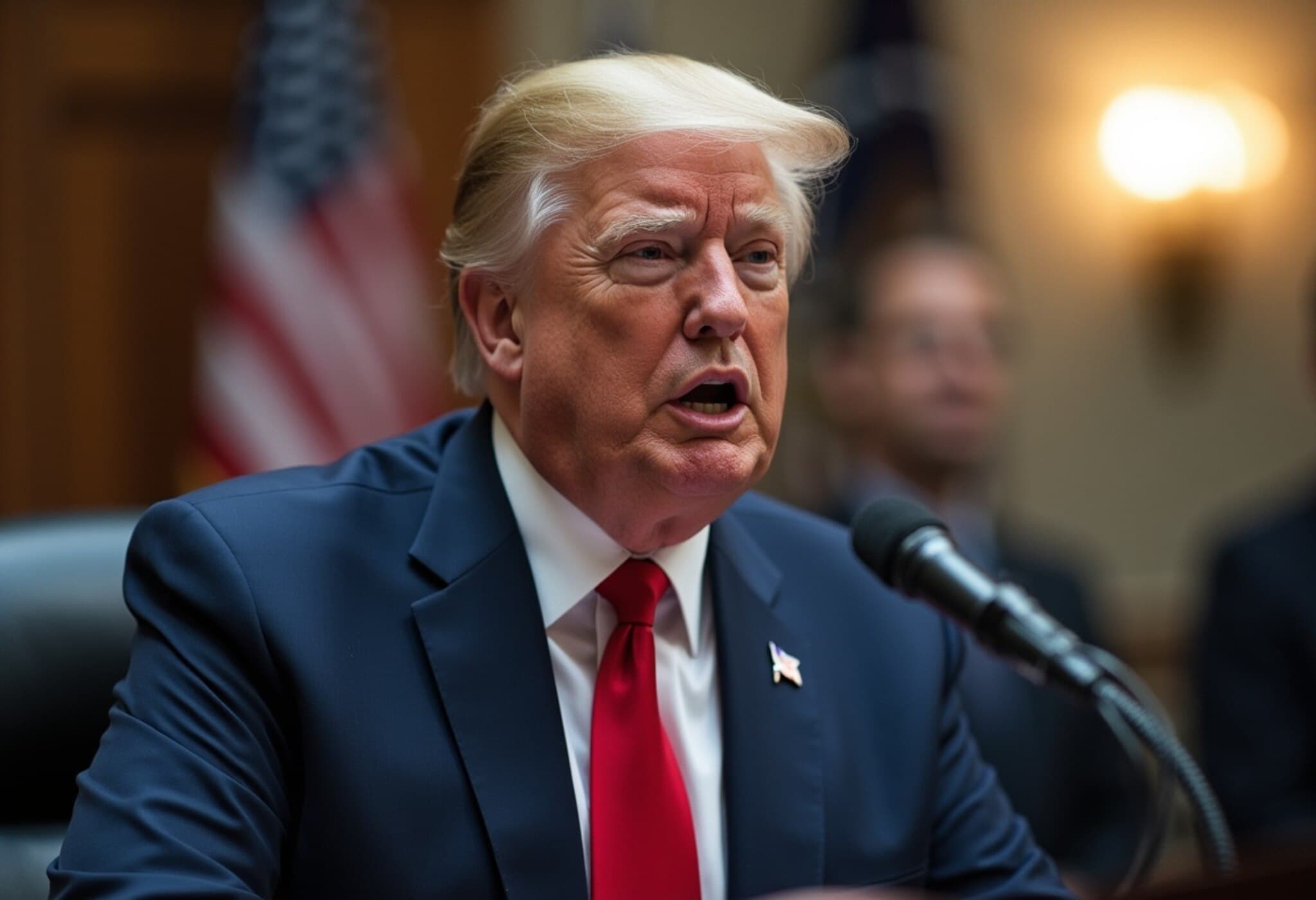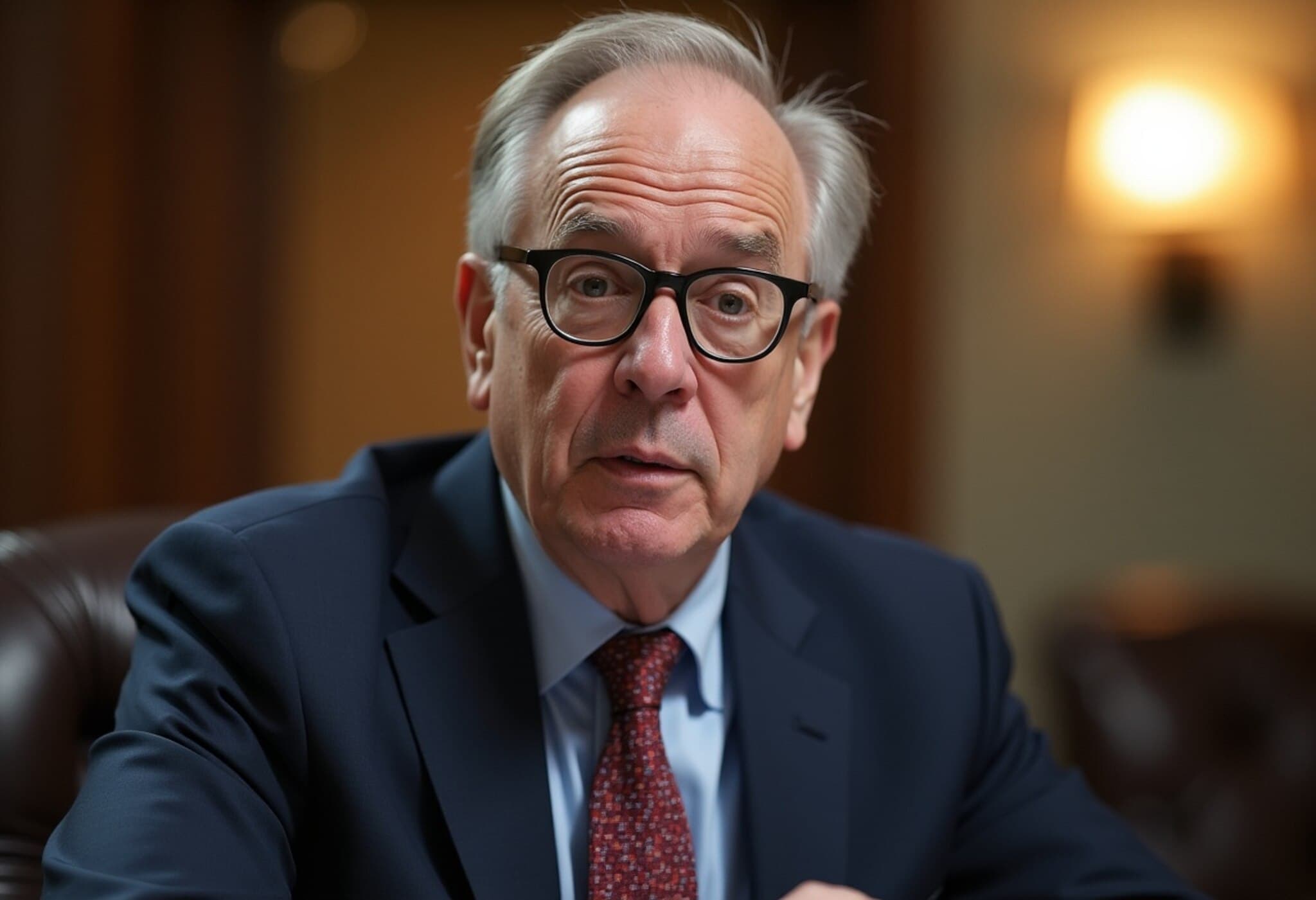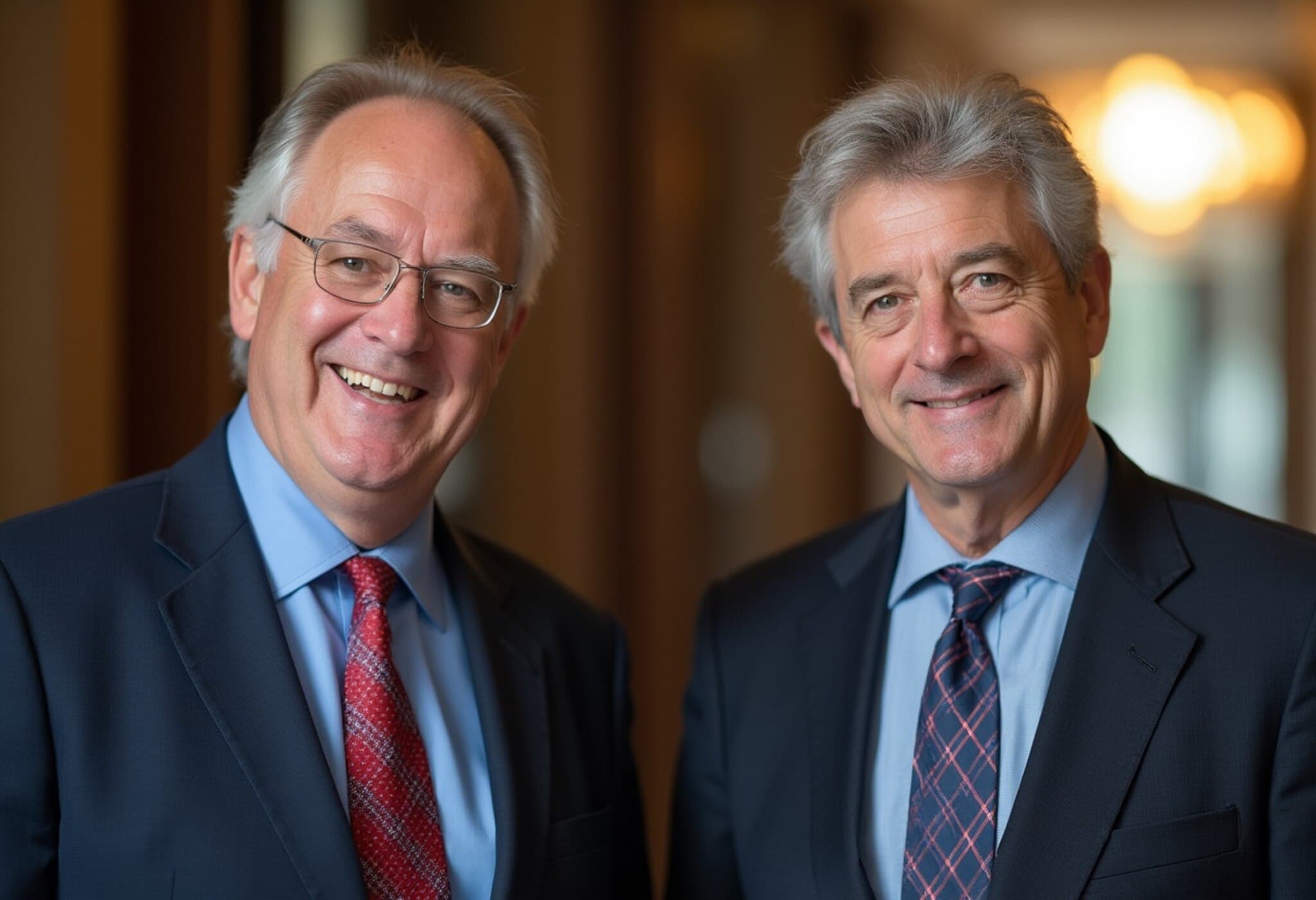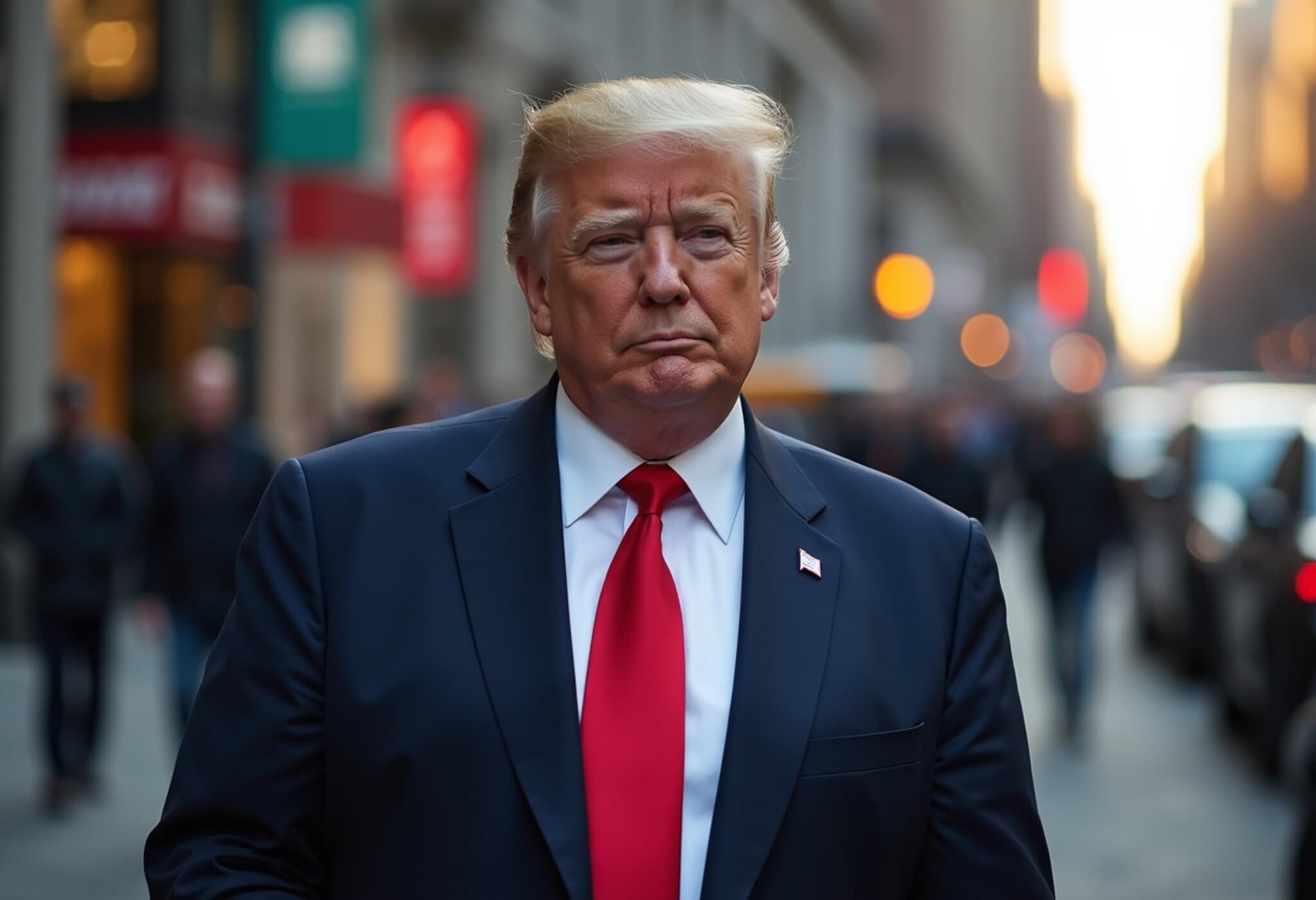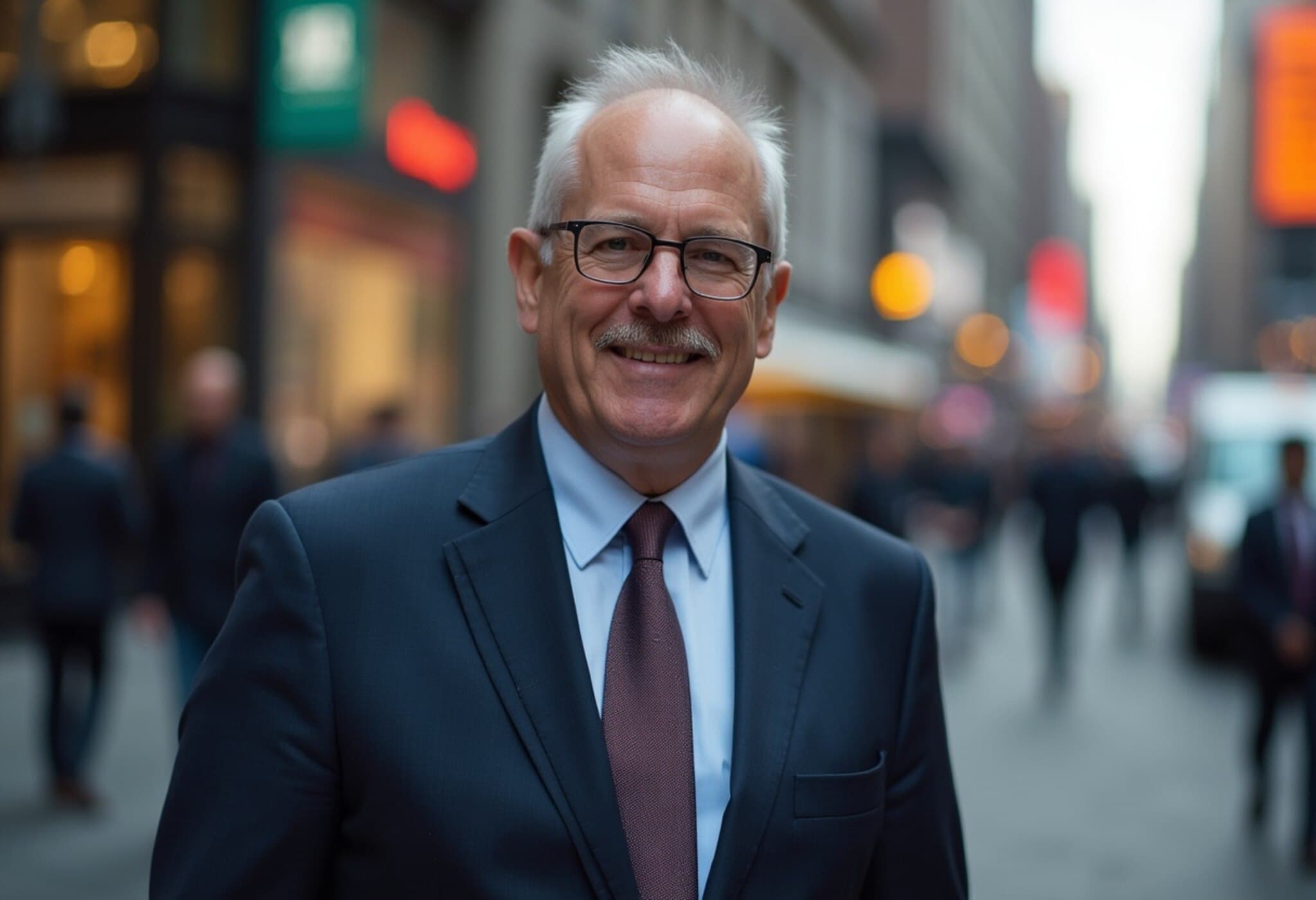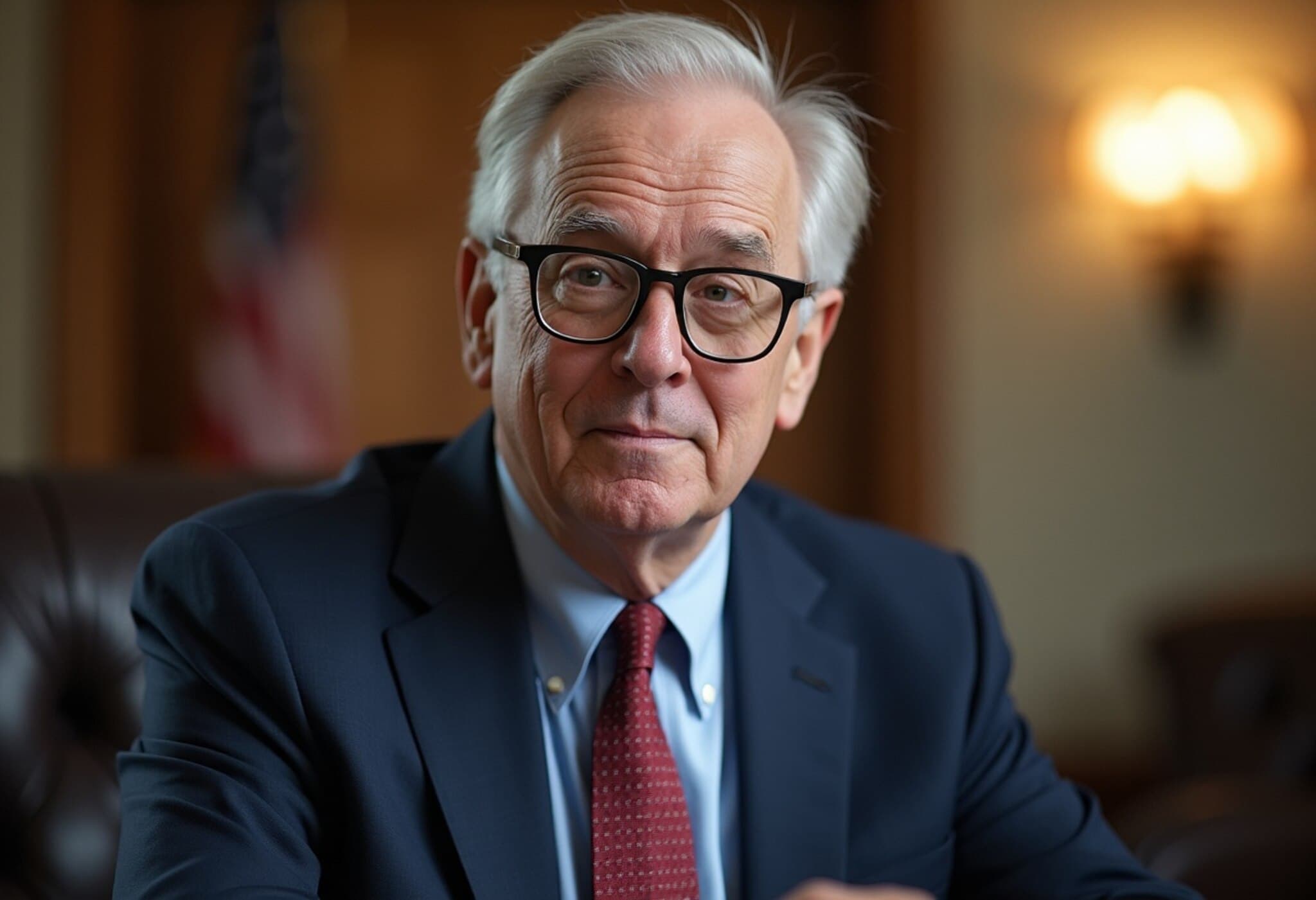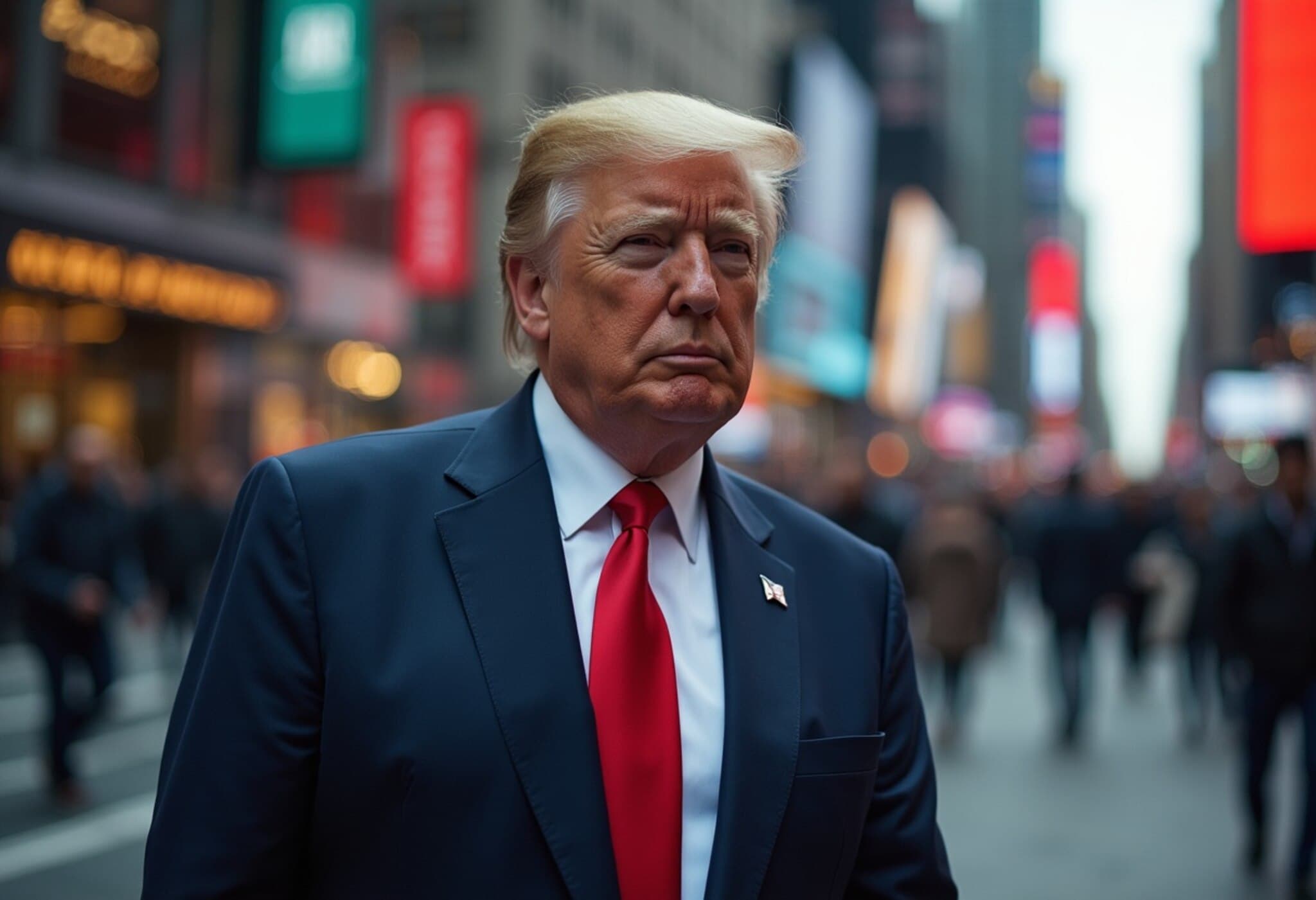Jefferies’ David Zervos Calls for Bold Federal Reserve Rate Reductions
David Zervos, a seasoned Wall Street strategist and a potential candidate for Federal Reserve chair, has publicly advocated for a more proactive approach to cutting interest rates. Speaking on CNBC on August 14, 2025, Zervos emphatically called for a half percentage point reduction in the federal funds rate, arguing that the Federal Reserve has already done enough tightening and should now focus on fueling economic growth.
Why the Fed Should Act Now, According to Zervos
Despite recent data showing inflationary pressures in July, with the Producer Price Index (PPI) exceeding expectations, Zervos urges the Fed not to let these figures deter a rate cut. "This is the last little bit of the inflation battle," he explained, emphasizing that monetary policy is already restrictive. For the past three consecutive Fed meetings, Zervos has maintained this stance, advocating a significant rate cut to prevent a lingering economic slowdown and to potentially create up to a million more jobs.
His argument underscores a widely debated question in economic circles: With inflation moderating but still above the Fed's 2% target, should the central bank prioritize avoiding recession risks by easing financial conditions?
Expanding the Fed Chair Contender Field
The list of prospective successors to Federal Reserve Chair Jerome Powell has grown from just a handful to nearly a dozen, bringing diverse perspectives to the table. Unlike many nominees with deep economic policy backgrounds, Zervos and BlackRock’s Rick Rieder stand out for their robust market experience, a quality Zervos believes could enrich monetary policy decisions.
"It would be an incredible benefit to have more market-savvy, more market-competent people involved in the monetary policy decision," Zervos said, indicating that real-world market insights can complement traditional economic analysis and help the Fed better navigate complex market dynamics.
Political Pressures and Monetary Policy
Zervos’s views arrive amid President Biden's intensified calls for the Fed to reverse its rate hikes more aggressively. The President has suggested slashing the funds rate by as much as 300 basis points to stimulate growth, a marked escalation in political pressure on the central bank to accelerate easing measures.
While Zervos aligns with the sentiment for substantial cuts — citing a plausible path to 200 basis points of reduction — he also highlights emerging disinflationary forces, including advances in artificial intelligence and other technological innovations, which could lower inflation from the supply side.
Importantly, Zervos acknowledges the politically sensitive nature of the Fed’s role. Addressing criticisms akin to those voiced by former President Trump, he emphasized the importance of adhering to factual debate and prioritizing the Fed’s congressionally mandated goals over political noise.
Broader Implications for the U.S. Economy and Markets
The call for accelerated rate cuts reflects a growing unease across segments of Wall Street about the potential impacts of sustained higher interest rates. Prolonged tight monetary policy can dampen investment, stall job creation, and risk triggering a recession. Zervos's stance encapsulates the dilemma facing the Fed: balancing inflation control with economic growth in an environment still grappling with lingering price pressures but also vulnerable to shocks.
- Market Impact: Rate cuts may buoy equity markets and lower borrowing costs for consumers and businesses.
- Employment Prospects: A looser monetary policy could reverse sluggish job growth trends and reduce unemployment.
- Inflation Risks: Premature easing risks reigniting inflation, complicating the Fed’s credibility.
What to Watch Next
As the Federal Open Market Committee prepares for upcoming meetings, investors and policymakers alike will scrutinize inflation data and economic indicators closely. Will the Fed heed calls from market-savvy voices like Zervos, or maintain a cautious stance until inflation decisively declines? This decision holds considerable consequences for the trajectory of the U.S. economy.
Editor’s Note
David Zervos’s advocacy for aggressive interest rate cuts highlights an often underexplored perspective within Federal Reserve policymaking: the critical value of market expertise in navigating today’s complex economic landscape. As inflation patterns evolve amid technological innovations, the tug-of-war between controlling price stability and fostering job growth intensifies. Observers should consider how political pressures, market realities, and economic fundamentals will shape the Fed’s path forward. Zervos’s voice adds an important dimension to this debate—one that calls for pragmatism and responsiveness to real-time market signals, alongside traditional economic measures.


